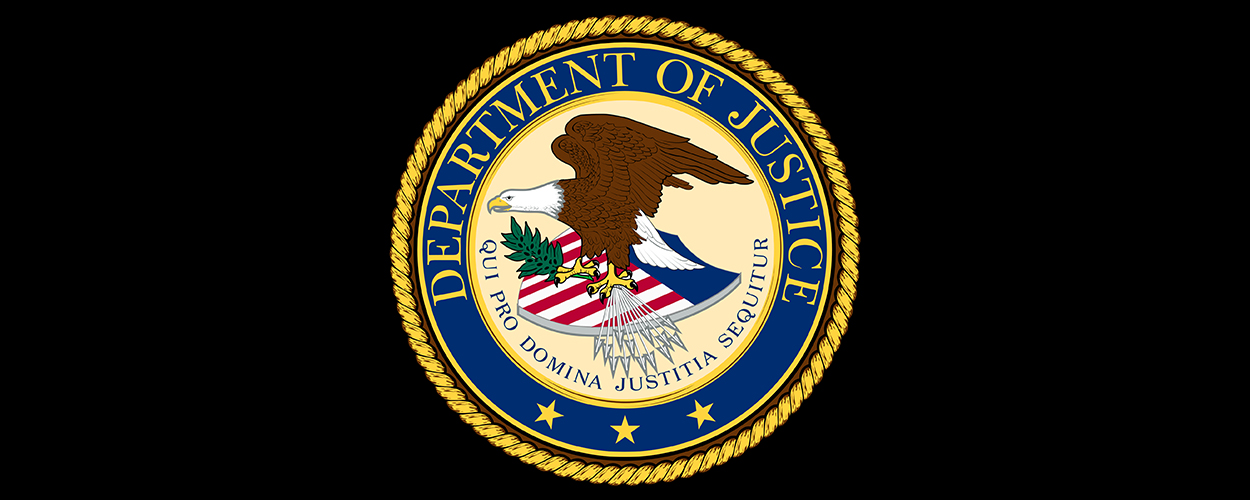This website uses cookies so that we can provide you with the best user experience possible. Cookie information is stored in your browser and performs functions such as recognising you when you return to our website and helping our team to understand which sections of the website you find most interesting and useful.
Business News Labels & Publishers Legal
Songwriter group sues US Department Of Justice over consent decree ruling
By Chris Cooke | Published on Wednesday 14 September 2016

While collecting society BMI plans its legal action against the US Department Of Justice’s recent decision regarding the consent decrees that regulate the big two performing rights organisations Stateside – so ASCAP as well as BMI itself – an organisation called the Songwriters Of North America has also filed litigation.
As much previously reported, the DoJ recently rejected calls by the US music publishers to reform the consent decrees, but at the same time confirmed what the music industry sees as a radically new interpretation of existing rules, which forces ASCAP and BMI to operate a 100% licensing system.
That means that where a song is co-owned by an ASCAP member and a BMI member, a licensee can make use of that song with either an ASCAP licence or a BMI licence, whereas previously a licence would be required from both. The licensee would then pay one society any royalties that are due, and it would be for the PRO to ensure both rights owners got paid their respective share of that money.
The DoJ’s decision on 100% licensing has been widely criticised across the music community, and now three songwriters alongside SONA hope to fight the move in court. Those songwriters include Michelle Lewis, Executive Director of SONA, who has written for Cher, Little Mix and Disney, amongst others. She is supported by Pam Sheyne, who has written for the likes of Christina Aguilera, Jessica Simpson, Seal and Backstreet Boys, and Tom Kelly, whose songwriting credits include works made famous by Madonna, Whitney Houston, Cyndi Lauper and Phil Collins.
According to the New York Times, the SONA lawsuit argues that the DoJ’s ruling on 100% licensing was “an illegitimate assertion of agency power in gross violation of plaintiffs’ due process rights, copyright interests and freedom of contacts”, adding that the decision “needs to be set aside”.
The legal filing goes on to argue that enforced 100% licensing will violate the property rights of songwriters by interfering with agreements commonly reached between collaborating writers regarding how their work is subsequently licensed. Those agreements often say that – while in theory 100% licensing is the default system outside of collective licensing under US copyright law – writers agree not to negotiate licensing deals on behalf of their collaborators, meaning that licensees need to agree terms with each co-owner of a song.
The DoJ is yet to comment on the litigation.





